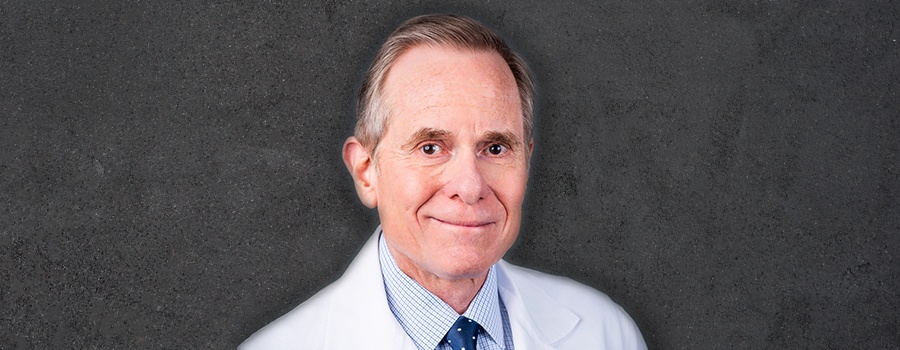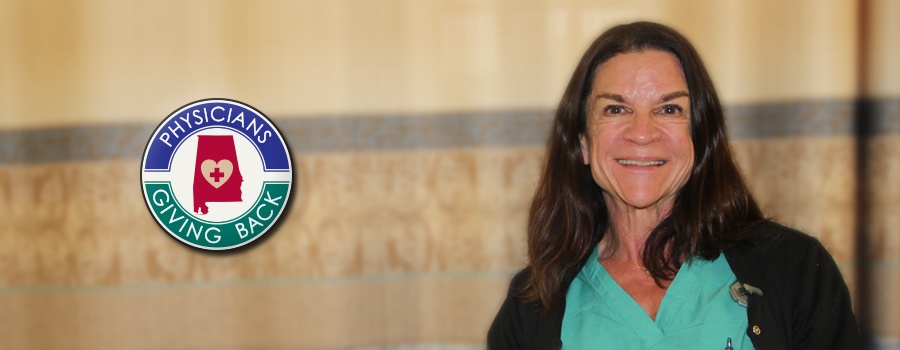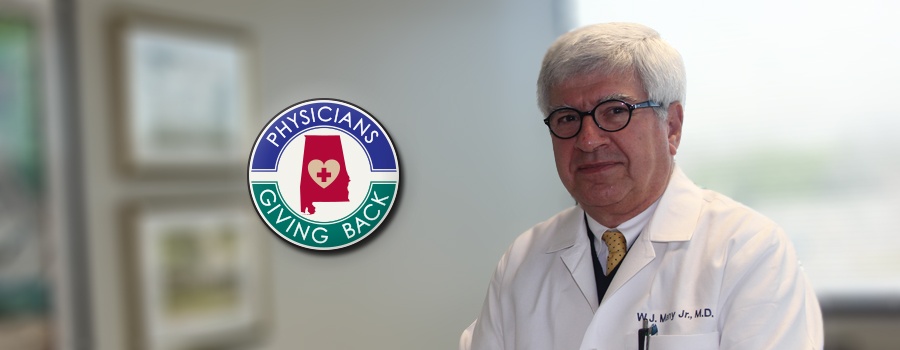Tag: UAB
-

Reducing Physician Burnout Focus of New Study at UAB
BIRMINGHAM – A program to study and reduce physician burnout amongst residents will be introduced at the University of Alabama at Birmingham, along with three other hospitals around the nation. The five-year, $1.8 million grant is funded by the American Medical Association. UAB’s Tinsley Harrison Internal Medicine Residency Program shares the grant with Johns Hopkins…
-

Curry Named Local Governor of National Doctors’ Group
BIRMINGHAM — William A. Curry, M.D., has been named governor of the Alabama Chapter of the American College of Physicians, the national organization of internists. Dr. Curry is a professor of medicine at the University of Alabama at Birmingham, and associate dean for Primary Care and Rural Health at the UAB School of Medicine. The Board of…
-

ProAssurance Establishes the Nation’s First Academic Research Program Dedicated to Physician Wellness
BIRMINGHAM – ProAssurance Corporation has announced the establishment of the ProAssurance Endowed Chair for Physician Wellness at the University of Alabama at Birmingham. This academic chair is the first of its kind in the United States and demonstrates ProAssurance’s commitment to its role as a leading advocate for America’s physicians. The initial $1.5 million gift…
-

Always Do Something You Enjoy with Suzanne Blaylock, M.D.
TUSCUMBIA – When you walk into Dr. Suzanne Blaylock’s office at the Helen Keller Pavilion, there’s a medical journal on her desk, paused and waiting for her to return to continue reading the most recent article. On the wall behind her chair are framed reminders of why she choose anesthesiology as her specialty – awards…
-

From the Treatment Room to the Classroom with Wick Many, M.D.
MONTGOMERY — He jokes about it now, but Wick Many, M.D., said he was a sickly child who spent a lot of time in his pediatrician’s office. For those times when he was too sick, his doctor would make house calls…an experience he did not look forward to. “Back then, in the 1950s, pediatricians would…